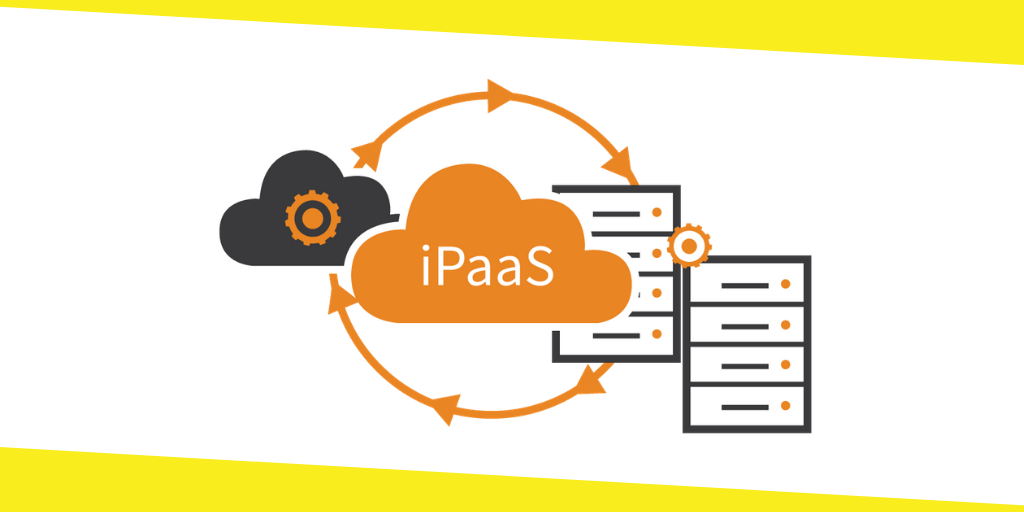
As we move into 5G territory and lower data latencies, the cloud will become much more than it is today. One of the biggest challenges facing organizations today is finding ways to easily integrate cloud-based services so that deployment and service delivery is fast, convenient, and easy for enterprises. In this context, Integration Platform as a Service – or iPaaS – is very important, and provides a number of key benefits:
-
A Very Efficient Network of Connections
One of the key features of iPaaS is that it facilitates the development and connection of networks without the direct need for the deployment of middleware. This single platform integrates everything necessary to provide a single service that does everything.
Because the platform is so heavily integrated, the data synchronization is effectively seamless and the end-user experience is seamless. This also creates greater levels of productivity in the workplace and a much greater sense of end-user satisfaction and overall trust in the system.
-
Costs Are Lowered
The problem with the SaaS approach is that organizations will need to pay subscriptions or hire developers to come in and write code so that software can be integrated within the cloud. Since everything is already integrated on one platform in the iPaaS approach, costs are lowered quite significantly and deployment is a lot less messy.
-
The System Is Completely Scalable
The idea of scalability is that a service or a technology can expand or contract quickly and easily as the need arises. This is important so that businesses can meet growing demand or cut costs.
The beauty of iPaaS is that it can easily and quickly be scaled. As long as an application exists on the cloud network, it can be integrated quickly into the daily operations of the organization without the need to hire outside help to write the code to integrate it.
-
Decisions Can Be Made Much Faster
One of the biggest benefits to a cloud-based solution is that business decisions can be made more efficiently. The number of data end points in such an integrated system provides quick and easy access for any number of entities. Additionally, data can be tracked in real time so that business leaders can make decisions in response to changes.
-
Easily Connect APIs
Often, there are a multitude of applications, each with their own micro-API infrastructure that may need to be accessed. For example, this allows for access to messaging platforms within a cloud deployment.
One of the benefits of iPaaS within this context is that it can more easily and quickly connect these microservice APIs.
Conclusion – The Future of Business
IPaaS provide organizations with a single platform on which they can build a scalable network of cloud-based applications. It allows for better access, cost savings, integration of microservices and APIs, better efficiency, and improved scalability. In this context, iPaaS truly is the future of cloud deployment and business.